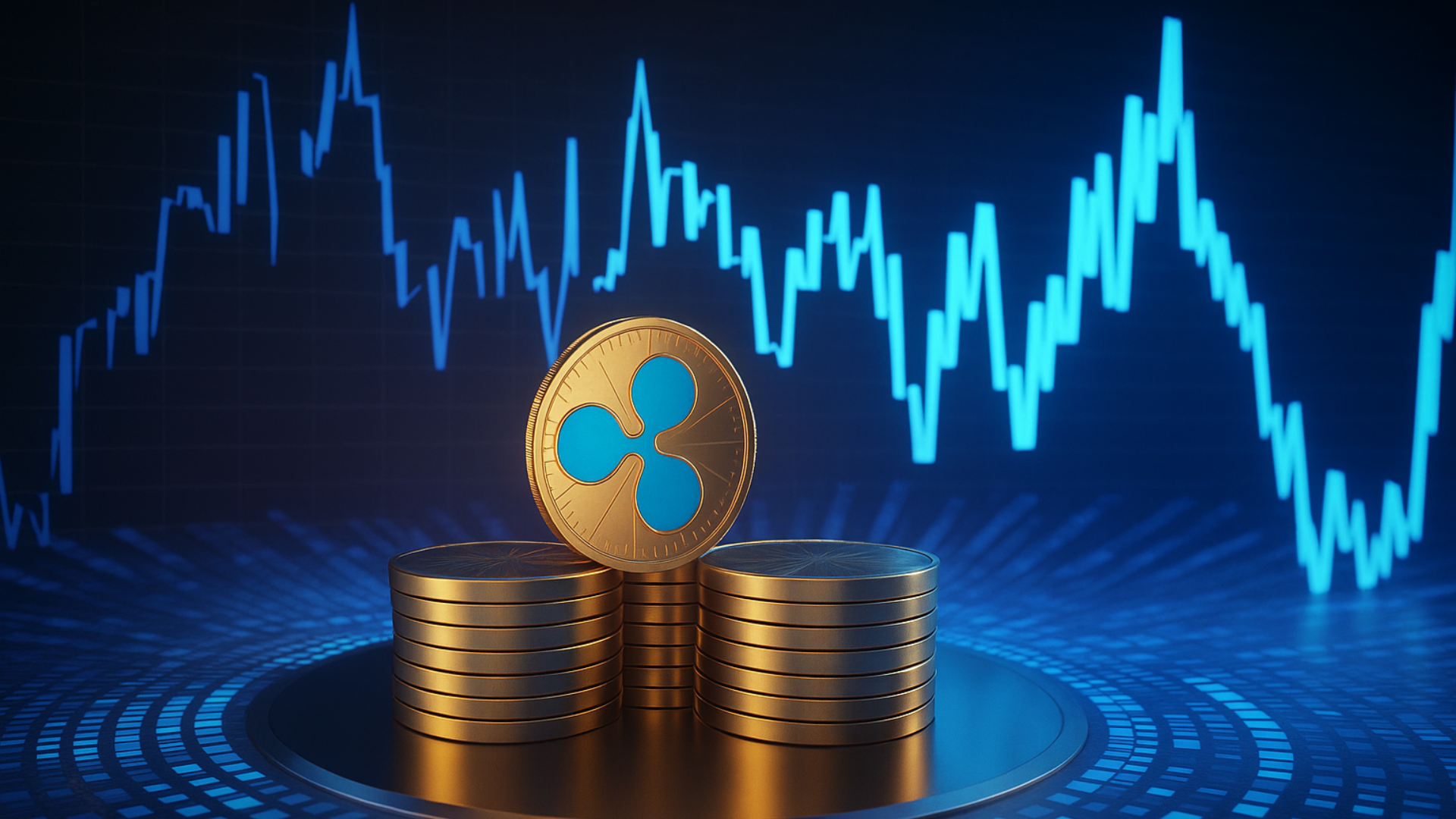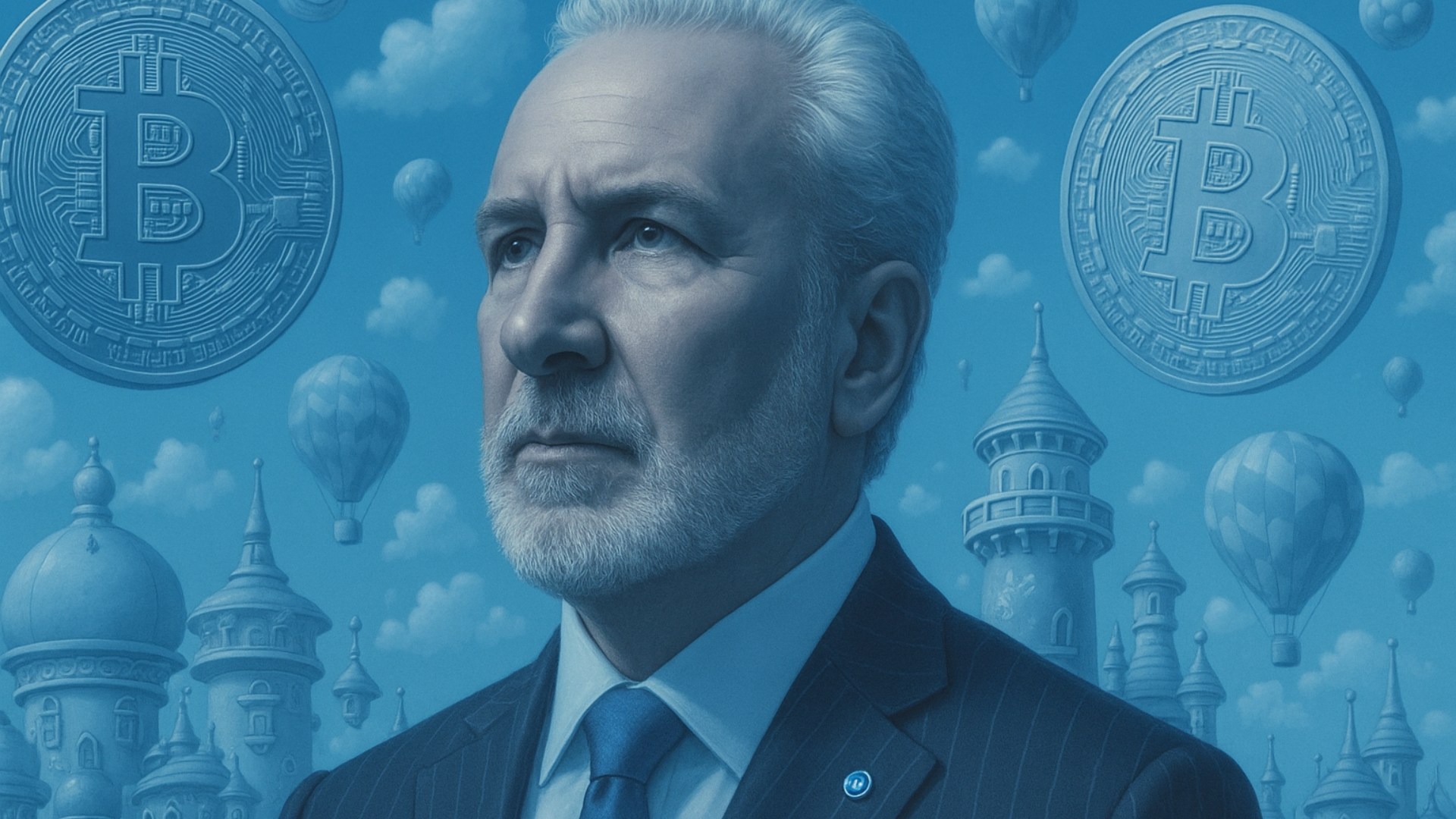
U.S. Treasury Secretary Scott Bessent appeared Monday on CNBC’s “Squawk Box,” delivering a wide-ranging update on U.S.-China trade negotiations, global capital flows, and the administration’s ongoing economic strategy. Amid intensifying tariff discussions, Bessent reaffirmed the government’s commitment to maintaining the United States as the world’s premier hub for investment.
U.S.-China Trade Talks: The Ball Is in China’s Court
Speaking on trade tensions, Bessent reiterated that while multiple branches of the U.S. government are maintaining open lines of communication with Chinese officials, it remains up to China to move toward de-escalation. He emphasized the significant trade imbalance, noting that China exports five times more to the United States than it imports, calling the current 125%–145% tariff rates “unsustainable.”
Bessent argued that this imbalance gives China a greater incentive to seek compromise, despite President Trump’s tough tariff stance, which has sparked mixed reactions among investors. However, he also pointed out that negotiations are not limited to China, with the U.S. reviewing trade relationships with 15 to 18 major global partners. Several Asian nations, he noted, have already submitted promising offers to lower tariffs and non-tariff barriers.
Markets appeared to react positively to Bessent’s comments, with equities edging higher and Bitcoin maintaining its strength around the $94,000 mark.
Commitment to Keeping the U.S. the Premier Investment Hub
Addressing concerns that ongoing trade disputes and global economic shifts might deter investment, Bessent firmly declared that the United States remains “the best place in the world for capital to arrive.” He cited a focus on tax certainty, deregulation, and fairer trade practices as critical pillars of maintaining the country’s competitive edge.
Drawing a sharp contrast with Europe, Bessent criticized the continent’s slower economic growth and high regulatory burden. He pointed to the Euro Stoxx 50 index’s annualized return of just 1.86% over the past two decades, compared to over 10% for the S&P 500, as evidence of the United States’ superior economic dynamism.
Bessent also suggested that the European Central Bank would soon cut rates to weaken the euro, while the U.S. remains committed to a strong dollar policy.
Transparency in Communications
Responding to questions about earlier market reactions to his reported comments at a JPMorgan investor meeting, Bessent clarified that his private remarks were fully consistent with his public statements. He dismissed speculation that he had privately signaled a near-term de-escalation with China, attributing the brief market rally to misinterpretation rather than any new developments.
“The broader U.S.-China relationship remains complex,” Bessent said, “but structural realities—especially China’s dependence on subsidized exports—will inevitably drive change.”
Concluding his remarks, Bessent affirmed the administration’s belief that economic imbalances cannot persist indefinitely:
“We believe what is unsustainable will not be sustained,” he stated firmly.
As the U.S. navigates shifting trade dynamics and global capital competition, Bessent’s message was clear: America intends to strengthen its position as the world’s leading destination for investment, innovation, and growth.












































































































































































































































































































































































































































































































































































































































































































































































































































































































































































































































































































































































































































































































